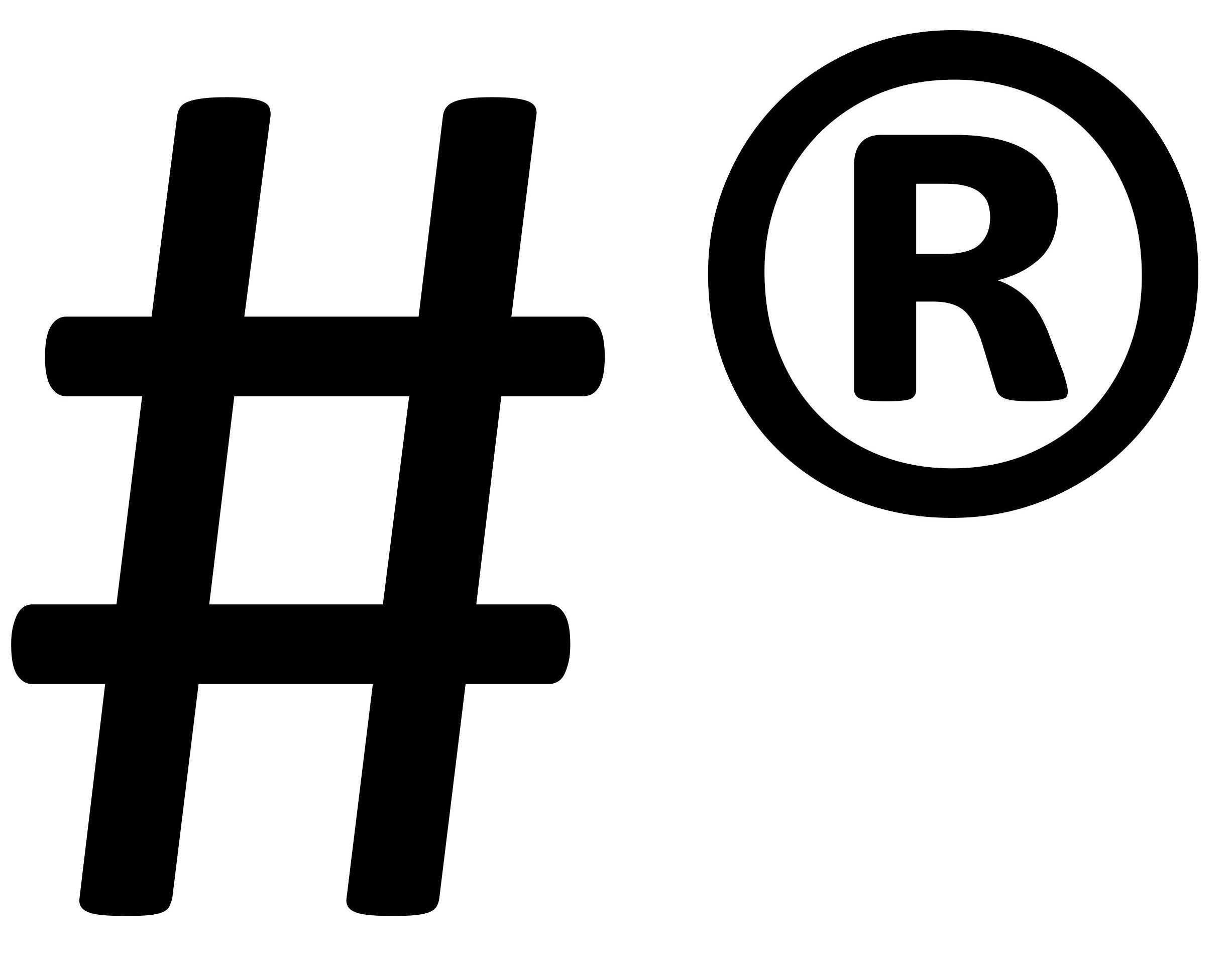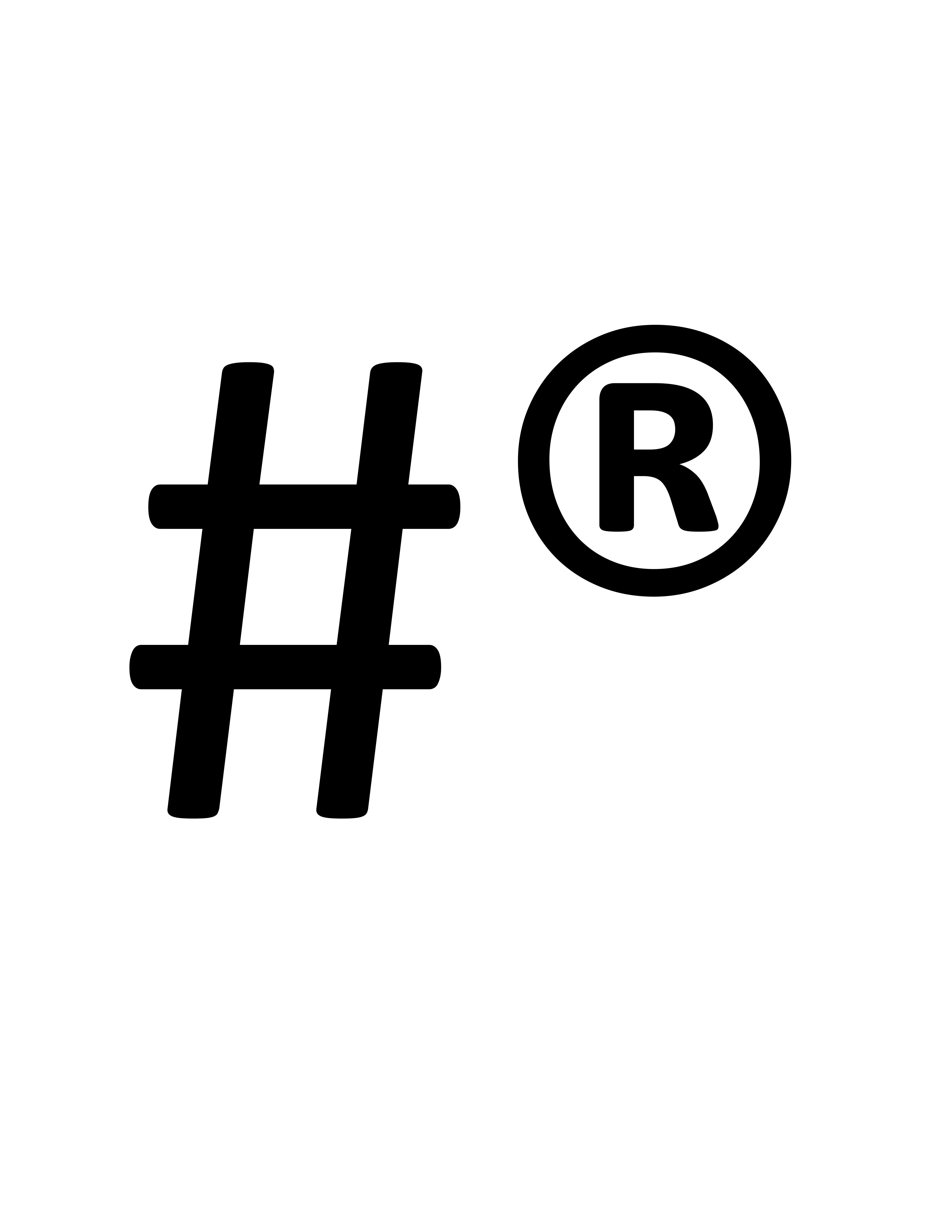
What is a hashtag?
A “hashtag” is a form of metadata that is created by utilizing the “hash”, “pound”, “number” a.k.a. “hashtag” symbol (i.e., “#”) followed by a word or phrase without space.
Meta data is something online (i.e. data, such as #YOURBRAND) that when searched gives information about something else (i.e., other data such as pictures of your products or information about your services). So, typically a hashtag is used when you do an online post so that anybody that wants to see things posted about YOUR BRAND can just do a search (on google or other search engine such as duckduckgo.com) by typing in the hashtag, #YOURBRAND. The results will be all of the “data” on the web that has been posted and tagged with that hashtag.
These are most often used in social media to identify keywords and topics. Throughout the years, the use of hashtags has increased as the use of social media as become more prevalent. With today’s online consumption at a rise, many shoppers are looking for businesses by using the hashtag symbol. The hashtag symbol connects people around the world with similarities.
Can you register your hashtag as a trademark?
The short answer is, yes, if you are using the hashtag as a trademark and not just as meta-data.
The definition of hashtag trademark or service mark according to the United States Patent and Trademark Office is simply a trademark that institutes the use of the hash symbol. The mark is registrable as a trademark or service mark only if it functions as an identifier of the source of the applicant’s goods or services, just like any other trademark. The fact that it employs or includes the hash symbol (#) or functions as metadata (as a “hashtag”) is of no concern, other than in the consideration of the overall context of the mark, and such determinations are made on a case-by-case basis.
The registration of a hashtag mark is tricky, but, it may be approved if it follows certain rules. The USPTO recently stated that a brand name that has the hash symbol or the word “hashtag” included in it is allowed to be registered as a trademark as long as it functions as an identifier of the source of the goods or services the owner offers (i.e., functions as a trademark). This means that a generic hashtag that is too broad or too descriptive, i.e., not distinctive, may be denied registration. The hash symbol doesn’t offer any source identifying function as it is only identifying the mark as serving the dual purpose of metadata, thus if a term is otherwise unregistrable as a mark, then adding a hash symbol will not do anything to change that unregistrability. Whether the trademark of a specific hashtag is worthwhile depends on how effective the hashtag mark may or may not be when functioning as a trademark, just like any other potential moniker you might attempt to register as a trademark.
So, a trademark is a word or symbol (like a logo) that is used to identify a company or its product/services. You have to use the #YOURBRAND in a way that it is identifying your business and its products or services. That said, similar to how you CALVIN KLEIN offers clothing for sale under the trademark “CALVIN KLEIN”, to obtain a trademark registration of the hashtag “#CALVINKLEIN” he would need to show that he is offering those products under the “#CALVINKLEIN” not simply “CALVIN KLEIN”.
Hashtags and Domains
Hashtags are used to connect data on the world wide web. The hashtag symbol allows businesses to engage with their relevant population online by tagging their posts. The hashtag is commonly used in social networking sites such as Instagram, Twitter, Facebook, and snap chat among others to tag a social media post with metadata so that people online can find the post when searching for things similar to the tag. Just do an online search of your hashtag and poof, you’ll get all of the posts that have been tagged with that particular hashtag.
The way the USPTO treats the hashtag mark is very similar to how they treat domain names. A domain and a hashtag may serve as an identifiable source of an online address for a business. If the hashtag presented indicates a source of goods or services, rather than information, the hashtag may be registered as a trademark at the USPTO, just like if a domain is the same as your brand name that identifies the source of the goods or services, then it too may be registered.
Hashtag online marketing
For most businesses, having an online presence is imperative. Therefore, trademarking a hashtag may lead to more people becoming aware of the businesses’ goods and/or services. Protecting the hashtag as a trademark will further protect that source identification device by allowing the trademark owner exclusive use. Although a business may be allowed to register a hashtag, it doesn’t necessarily mean they won’t run into trouble in the future. For example, the internet is worldwide, and a trademark registration at the USPTO is for the United States only.
However, it is possible to register your trademark around the world, and this process is streamlined through the international trademark application under the Protocol Relating to the Madrid Agreement Concerning the International Registration of Marks, commonly known as the Madrid Protocol, which consists of two treaties and allows a simplified way to file for international registration of your trademark in 97 countries through the World Intellectual Property Organization. As with any mark, hashtag or no, if there is a similar mark that is only slightly different being utilized to identify goods or services that are the same or related, it may end up costing a lot of time and money trying to resolve a future conflict and you could potentially attract your consumers to a competitor.
Hashtags should be treated just like any other mark but should be considered in light of the fact that the hashtag may also serve as an information source, in addition to a source of goods and services.


